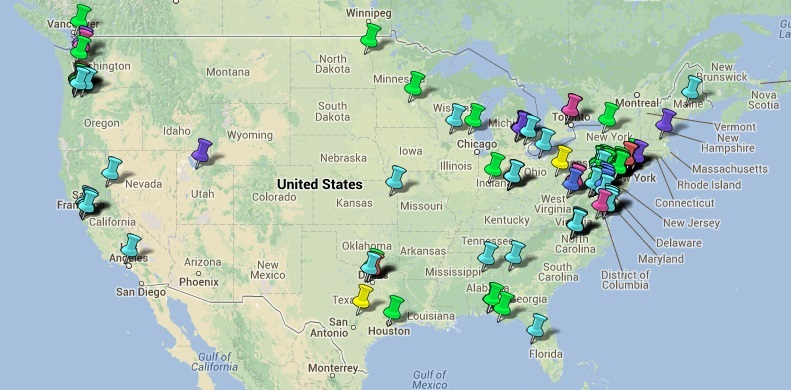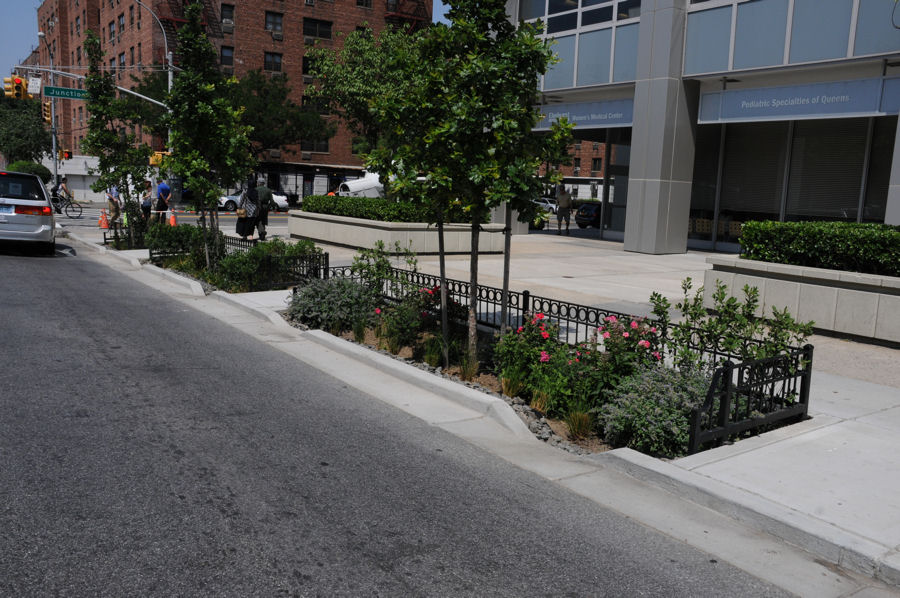 On June 9, the Green Infrastructure Ontario Coalition (GIO) issued Ontario’s Urban Forests: A Call to Action, identifying priority actions needed to help protect and sustain Ontario’s urban forests. GIO’s call to action urges the province to take a leadership role in working with the coalition’s members to develop a province-wide urban forest strategy.
On June 9, the Green Infrastructure Ontario Coalition (GIO) issued Ontario’s Urban Forests: A Call to Action, identifying priority actions needed to help protect and sustain Ontario’s urban forests. GIO’s call to action urges the province to take a leadership role in working with the coalition’s members to develop a province-wide urban forest strategy.
Ontario’s urban forests are suffering significant losses from several stressors. The Emerald Ash Borer, an invasive pest, is killing millions of ash trees in backyards, along streets, and in parks across the province. Climate change is resulting in more extreme weather events — including storms, heat waves, and droughts — that can devastate urban trees. In urban environments, the trees also face increasingly difficult growing conditions, such as over-compacted soils and less soil volume in which to grow.
In the face of these struggles, Ontario still depends on urban trees to help communities mitigate and adapt to climate change by sequestering carbon, reducing emissions, moderating temperatures, and reducing flooding. According to the GIO, Ontario’s urban forests are the backbone of the province’s urban green infrastructure and fundamental to healthy, sustainable communities, neighborhoods, and people.















